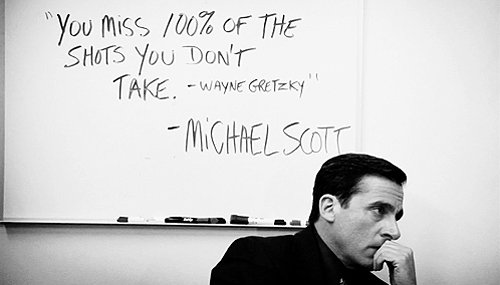Much like the World Cup, I have no votes to dish out to any particular party. I enjoy my passive involvement in the system for it’s own merits. Go soccer go!
Like boobies, all democracies aren’t created equal. Democracy in this country means something different than democracy in a nation fighting to get it. Living in the first world, with a high standard of living, our basic rights of life are for the most parts satisfied. With our social support structure, public transit and school systems, even living off a minimum wage job can get you by. That minimum wage job, although difficult, can support life, with a small vacay here and there too. Work harder, you can learn some more skills in school and get a better job. All of these basic tenants are created through the values of our society because it’s represented by a democracy. While everyone isn’t particularly satisfied, as demonstrated by Arrow’s Impossibility Theorem, there is a big enough subset of people, me included, that are happy with the status quo, irrelevant of the particular leadership. These parties we vote for don’t differ to the point that casting a vote for one will mean jeopardizing these rights.
So it’s not a matter of me or many others who didn’t vote, ‘losing faith’ in our political system, it’s us living comfortably in the environment it’s created. In a different political climate, where the citizens feel like the lower pillars of Maslow’s hierarchy of needs are being poached at, a vote would hold a lot more oooompf.


